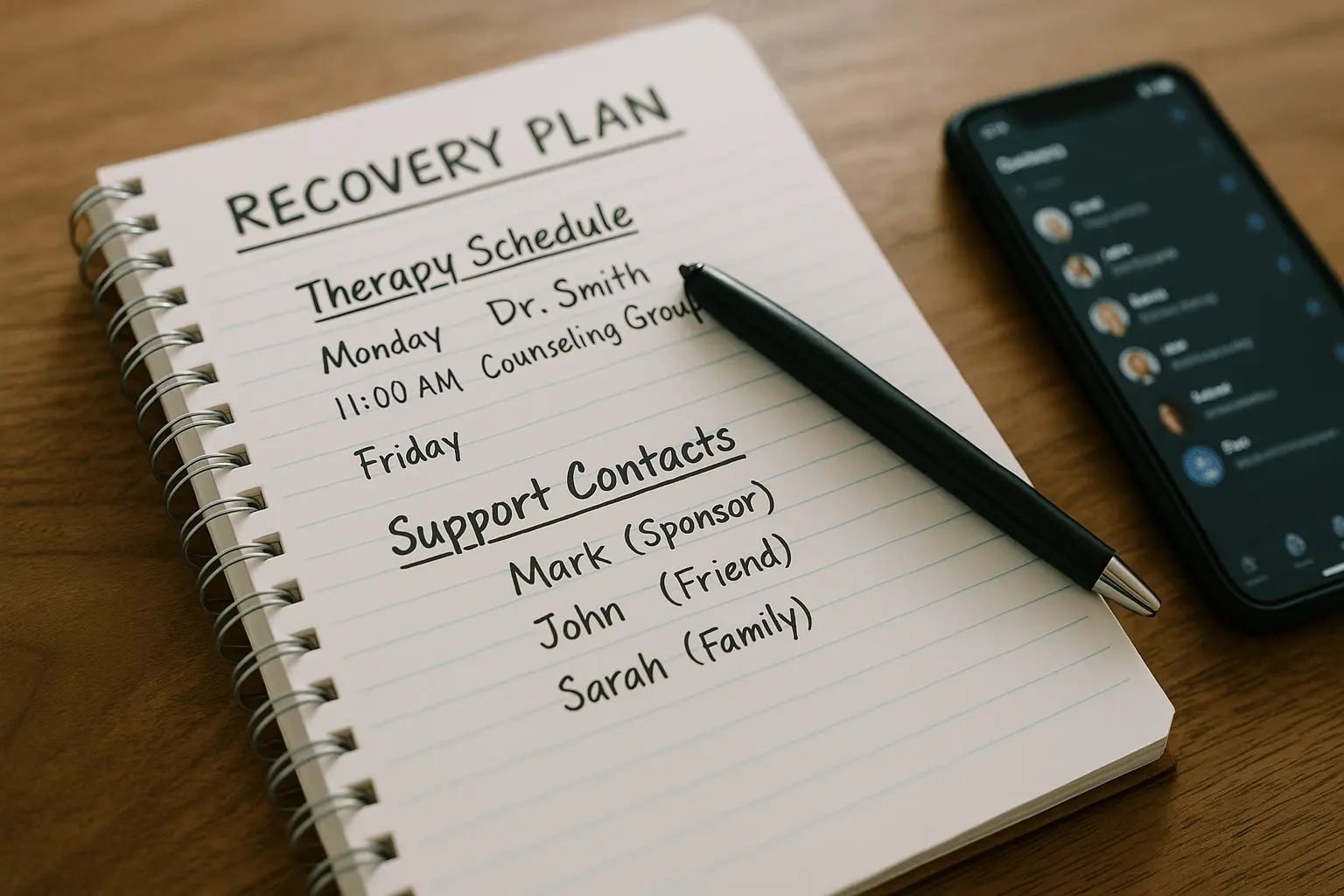What to Do If You Relapse During Recovery
TL;DR: A relapse during recovery is a signal to adjust care—not a failure. Focus on safety first, tell your support team quickly, review triggers, and re-engage structured treatment. Deluxe can help you stabilize and rebuild momentum.
Quick note: Deluxe Treatment Center is an inpatient program. We treat mental health only in conjunction with substance use. If you’re not sure what level of care you need after a setback, we can help you decide and coordinate next steps.
A relapse during recovery is common in chronic conditions like substance use disorders. It doesn’t mean treatment failed—it means the plan needs adjusting. National guidance echoes this: after a relapse, talk with your clinician to resume or modify care (NIDA: Treatment & Recovery).
Safety First: Overdose Risk & Urgent Help
If opioids or unknown substances might be involved, prioritize safety immediately. Don’t use alone. Keep naloxone available and call emergency services if someone is unresponsive or breathing slows. If you need emotional support right now, contact the 988 Suicide & Crisis Lifeline for 24/7 help. If you are in immediate danger, call your local emergency number.
Tell Your Support Team and Be Specific
Let trusted people know what happened—sponsor, therapist, a recovery-supporting friend or family member. Share specifics: what you used, how much, where, and what you were feeling. This helps your team tailor next steps quickly. If you’re connected with Deluxe, call Contact Us so our clinicians can advise you on whether a medical evaluation or readmission is appropriate.
Review Triggers & Reset Your Plan
Relapse data is information. Journal the lead-up: stressors, people, places, times of day, sleep, hunger, anniversaries, or social media content. Adjust the plan with your clinician:
- Skills: Refresh coping strategies (urge surfing, grounding, delay-distraction-decision).
- Boundaries: Rework routines so cues are harder to access (routes, contacts, cash on hand).
- Structure: Increase meeting frequency or add group modalities (CBT skills, relapse prevention).
Re-Engage Treatment and Protect Momentum
After a relapse during recovery, consider a higher level of care—often the fastest way to stabilize. At Deluxe, our Residential (RTC) program offers immersive therapy and 24/7 support. For step-downs, we coordinate with quality outpatient partners through Outpatient Referrals. If opioids are involved, discuss medication options (e.g., buprenorphine, methadone, naltrexone) with a clinician; these FDA-approved treatments can reduce cravings and overdose risk.
Prevention Tools That Actually Help
- People: Keep a short, reachable list (sponsor, peer, therapist) on your phone and posted in your space.
- Places: Replace risky pockets of time with safe structure—gym class, support meeting, or hobby group.
- Plans: Pair therapy with medical care when indicated. Customize relapse-prevention worksheets you’ll actually use.
- Privacy & advocacy: Your treatment information is strictly protected by federal confidentiality rules (42 CFR Part 2 overview).
For more on our approach, see Programs and Services, or review common questions in our FAQs.
Bottom Line
A relapse during recovery is a signal, not a verdict. Act quickly, adjust your plan, and lean into structured support. With the right level of care, you can regain stability and momentum.
Get Back on Track—Confidentially
Talk to our team about the safest next step for you. Visit Admissions or Contact Us to start a confidential plan today.
